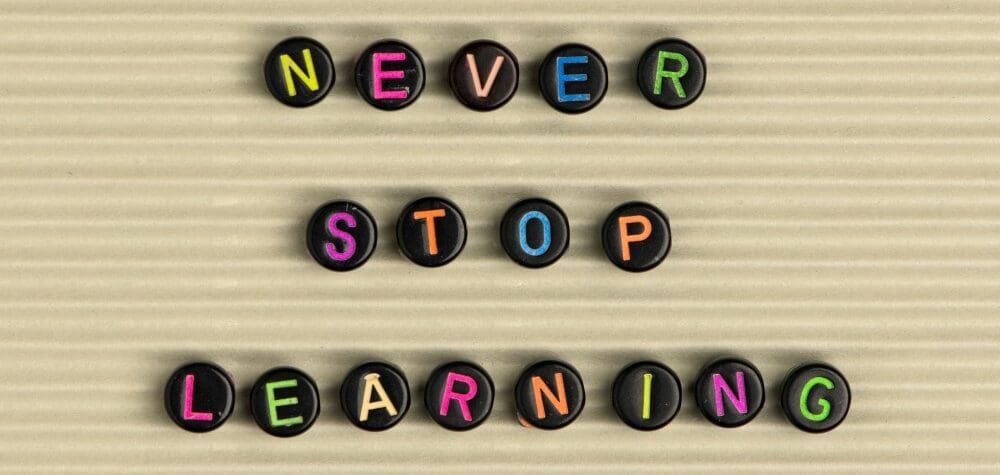Embracing Lifelong Learning: Exploring Innovative Models for Continuing Education
- Home
- Embracing Lifelong Learning: Exploring Innovative Models for Continuing Education
- editordesk
- May 5, 2023
- 0 Comments
In today’s rapidly changing world, the importance of lifelong learning and continuing education cannot be overstated. As industries evolve and job requirements shift, individuals must continually update their skills and knowledge to stay competitive in the job market. This blog post will explore various models for lifelong learning and continuing education, highlighting innovative approaches that help individuals adapt to the demands of the modern workforce.
Microcredentials and Digital Badges
Microcredentials and digital badges provide a flexible, modular approach to learning, allowing individuals to acquire specific skills and knowledge in a short period of time. These credentials can be earned through online courses, workshops, or other learning experiences and serve as a testament to an individual’s competencies. This model enables learners to tailor their education to their needs and interests, facilitating targeted skill development.
Massive Open Online Courses (MOOCs)
MOOCs offer accessible and affordable learning opportunities for individuals across the globe. These online courses, often provided by prestigious universities and institutions, cover a wide range of subjects and are available at little or no cost to learners. MOOCs enable individuals to pursue their interests and expand their knowledge at their own pace, making lifelong learning more accessible and convenient.
Corporate Training and Professional Development Programs
Employers play a crucial role in promoting lifelong learning by offering corporate training and professional development programs. These initiatives help employees acquire new skills, stay current with industry trends, and advance in their careers. By investing in employee development, companies can create a skilled and adaptable workforce that is better prepared for the challenges of the modern workplace.
Community Education and Adult Learning Centers
Community education and adult learning centers provide valuable resources and support for individuals seeking to engage in lifelong learning. These centers offer a variety of courses, workshops, and programs aimed at helping adults develop new skills, explore new interests, and enhance their professional lives. By providing affordable and accessible learning opportunities, these centers play an essential role in fostering a culture of lifelong learning.
Peer-to-Peer Learning and Social Networks
Peer-to-peer learning and social networks facilitate knowledge sharing and skill development among individuals with similar interests and goals. Online forums, social media groups, and learning communities can provide valuable resources, feedback, and support for learners looking to expand their skills and knowledge. This collaborative approach to learning encourages individuals to learn from one another and stay engaged with their personal and professional development.
Personal Learning Environments (PLEs)
Personal Learning Environments (PLEs) are customized platforms that enable individuals to curate, organize, and manage their own learning experiences. By combining various digital tools, resources, and learning materials, PLEs allow learners to create a personalized, self-directed learning path that caters to their specific needs and interests. This approach empowers individuals to take control of their own learning journey and adapt to the demands of the modern workforce.
Conclusion
Lifelong learning and continuing education are essential for individuals seeking to stay competitive and adapt to the evolving job market. By exploring innovative models such as microcredentials, MOOCs, corporate training, community education, peer-to-peer learning, and personal learning environments, individuals can engage in flexible and accessible learning experiences that cater to their unique needs and goals. As the importance of lifelong learning continues to grow, embracing these innovative models will be crucial for ensuring that individuals are equipped with the skills and knowledge needed to thrive in the modern workforce.
Choose Layout
Main Color Scheme
- RTL Version
- LTR Version

